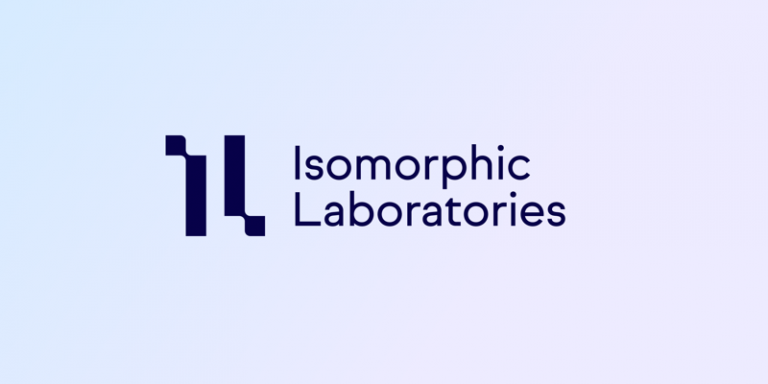
Alphabet announced this month the creation of a new spin-off, Isomorphic Labs, which will be a pharmaceutical research lab leveraging the artificial intelligence of the company’s DeepMind. Demis Hassabis, co-founder and CEO of DeepMind, will also head it. The lab is not expected to develop drugs but would build models that can predict how future drugs will interact with our bodies.
Founded in 2010 by Denis Hassabis, Mustafa Suleyman and Shane Legg, DeepMind was acquired by Google in 2014 for more than $628 million and claims to be pursuing research to find “the best machine learning and systems neuroscience techniques for powerful general-purpose learning algorithms.”
The company has established itself as one of the most reputable in the field thanks to its numerous publications, but also and especially to AlphaGo. The latter, developed from the Monte Carlo algorithm and neural networks has managed to beat several Go champions since 2015 before achieving a definitive victory over the world number 1 in 2017.
The company also recently published the predicted shapes of more than 350,000 proteins and thus established a highly accurate map of human proteins using Alphafold software (which could play an important role in drug discovery). Independent researchers have used this data to accelerate biological research, including understanding the coronavirus.
Other Alphabet companies are already involved in the health field, including Verily, which is a partner in a number of projects, and Calico, which seeks to combat aging and the diseases it causes. Isomorphic Labs joins them but will focus on new technologies that enable the development of new drugs after their discovery.
Demis Hassabis said:
“I believe we are at the dawn of an incredible new era of biological and medical research. Alphafold2 has been recognized as a solution to the protein folding challenge, capable of predicting the 3D structure of a protein directly from its atomically precise amino acid sequence. This was a watershed moment for computational and AI methods for biology.
Building on this breakthrough, I am delighted to announce today the creation of a new Alphabet company – Isomorphic Labs – a commercial enterprise with a mission to reinvent the entire drug discovery process from first principles with an AI-driven approach and ultimately capable of modeling and understanding some of the fundamental mechanisms of life.”
According to the CEO of Isomorphic labs, biology can be viewed as a dynamic but complex information processing system. Based on this assumption, there could be a common underlying structure between biology and information science (an “isomorphic” mapping between the two) hence the company’s name.
Denis Hassabis did not really explain the objectives of Isomorphic Labs which should not develop its own drugs but rather elaborate models capable of predicting how future drugs will interact with our organisms. The company can then market them to pharmaceutical companies. He stated:
“This is just the beginning of what we hope to become, a radical new approach to drug discovery, and I am incredibly excited to launch this ambitious new commercial venture and partner with pharmaceutical and biomedical companies. I will serve as CEO for the initial phase of Isomorphic, while remaining CEO of DeepMind, in part to facilitate collaboration between the two companies as appropriate, and to shape the strategy, vision and culture of the new company.”
Isomorphic Labs wants to build a world-class, multidisciplinary team with deep expertise in areas such as AI, biology, medicinal chemistry, biophysics and engineering, brought together in a highly collaborative and innovative environment and is hiring.
According to Denis Hassabis:
“Isomorphic’s mission couldn’t be more important: to use AI to accelerate drug discovery and ultimately find cures for some of humanity’s most devastating diseases.”
Similar technology is being explored in other recognized research labs, for example by a team at the University of Washington. Many start-ups are trying to use artificial intelligence to discover new drugs.
Translated from Alphabet part à la recherche de nouveaux médicaments grâce à l’intelligence artificielle avec Isomorphic Labs









